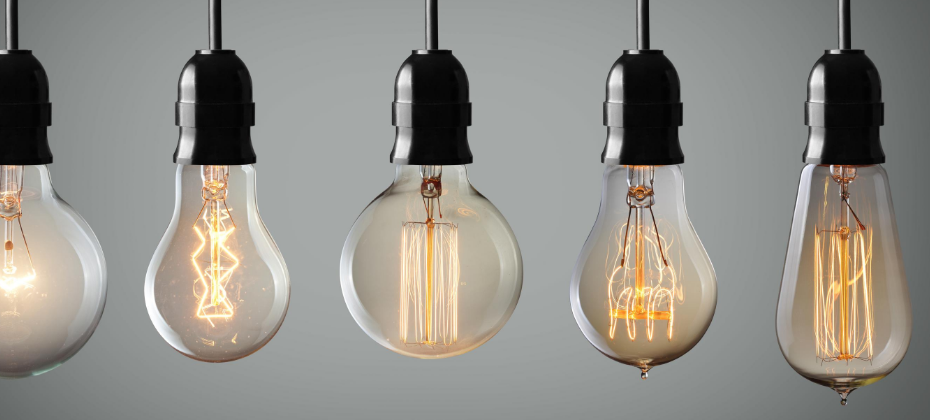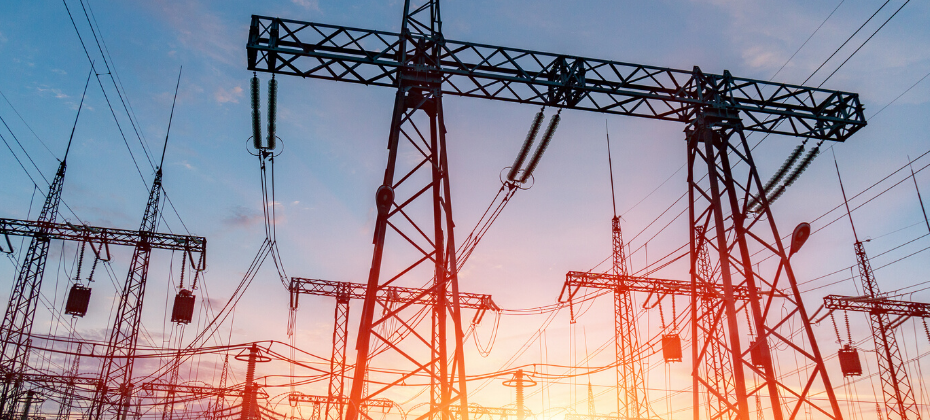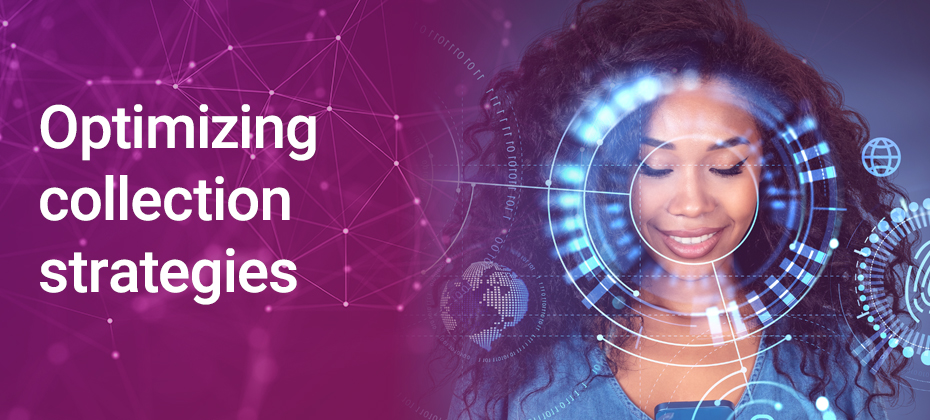
New challenges created by the COVID-19 pandemic have made it imperative for utility providers to adapt strategies and processes that preserve positive customer relationships while continuing to collect delinquent balances during an unpredictable and unprecedented time.
As part of our ongoing Q&A perspective series, Beth Bayer, Experian’s Vice President of Energy Sales, and Danielle Grigaliunas, Product Manager of Collection Solutions, discuss the changing collections landscape and how the utility industry can best adapt. Check out what they had to say:
Q: How are the COVID-19 crisis and today’s economic environment impacting consumer behavior? Particularly as it relates to delinquencies and payments?
BB: Typically, when we experience recessions, delinquency goes up. In this recession, delinquency is declining. Stimulus money and increased unemployment benefits, coupled with stay at home orders, appear to be leading to more dollars available for consumers to repay obligations and debts.
Another factor is related to special accommodations, forbearances, and payment holidays or extensions, that provide consumers with flexible options in making their regularly scheduled payments. Once an accommodation is granted, the lender or bank puts a code on the account when it’s reported to the bureaus and the account does not continue to age.
Q: As a result of the pandemic, many regulatory bodies are recommending or imposing changes to involuntary disconnect policies. How can utility providers effectively collect, even if they can’t disconnect?
BB: The public utility commissions in many areas have suspended disconnects due to non-payment, further increasing balances, delinquency and delaying final bill generation.
Without the fear of being disconnected for non-payment in some regions of the country, customers are not paying delinquent utility bills. Utility providers should continue to provide payment reminders and delinquency notices and offer payment plans in exchange for partial payments to continue to engage customers. Identifying which customers can pay and are actively paying other creditors and institutions helps prioritize proactive outreach.
Q: For utility providers who offer in-house collection services, what strategies and credit data do you find most valuable?
DG: Current and accurate data is key when looking to provide stronger and more strategic collections. This data is built into efficient scoring models to articulate which debts are most collectible and how much money will be recovered from each consumer. Without the overlay of credit data, it’s harder for utility providers to predict how consumers prioritize utility debt during times of economic stress. By better understanding the current state of the consumer, utility providers can focus on consumers who are most likely to pay. Investing in monitoring solutions allows utility providers to receive notifications when their consumers are beginning to cure and pay off other obligations and take a more proactive approach.
Q: What are the best methods for utility providers to reach collection consumers? What do they need to know as they begin to utilize omnichannel communications?
DG: Regular data hygiene checks and skipping are the first line of defense in collections. Confirming contact information is correct and up to date throughout the entire consumer lifecycle helps to establish a strong relationship. Those who are successful in collections invest in omnichannel messaging and self-service payment options, so consumers have a choice on how they’d like to settle their obligations.
Q: What current collection trends/challenges are we seeing within the utility space?
BB: Utility providers do not traditionally report active customer payments and delinquencies to the credit bureaus. Anecdotally, our utility partners tell us that delinquencies are up and balances are growing. Many customers know that they cannot currently be disconnected if they fall behind on their utility payments and are using this opportunity to prioritize other debts. We also know that some utilities have reduced collection activities during the pandemic due to office closures and have cut back on communication efforts.
Additionally, we’re hearing from some of our utility partners that collections and recoveries of final billed or charged-off accounts are increasing, despite many agencies closing and limited to no collection activities occurring. We assume this is because these balances are typically reported to the credit reporting agencies, triggering a payment and interest in clearing that balance first.
Constant communication, flexibility, and empathizing with your customers by offering payment plans and accommodations will lead to an increase in dollars collected.
DG: There’s been a large misunderstanding that because utility providers can’t disconnect, they can’t attempt to collect. The success of collections has been seen within first parties, as they are still maintaining strong relationships by reaching out at optical times and remaining top-of-mind with consumers. The utility industry needs to take a proactive approach to ensure they are focusing on the right consumers through the right channels at the right time. Credit data that matches the consumer’s credit health (i.e. credit usage and payments) is needed insight when trying to understand a consumer’s overall financial standing.
For more insight on how to enhance your collection processes and capabilities, watch our Experian Symposium Series event on-demand.
About our Experts:
Beth Bayer, Vice President of Sales, Experian Energy, North America
Beth leads the Energy Vertical at Experian, supporting regulated, deregulated and alternative energy companies throughout the United States. She strives to bring innovative solutions to her clients by leveraging technology, data and advanced analytics across the customer lifecycle, from credit risk and identity verification through collections.
Danielle Grigaliunas, Product Manager of Collections Solutions, Experian Consumer Information Services, North America
Danielle has dedicated her career to the collections space and has spent the last five years with Experian, enhancing and developing collections solutions for various industries and debt stages. Danielle’s focus is ensuring that clients have efficient, compliant and innovative collection and contact strategies.




